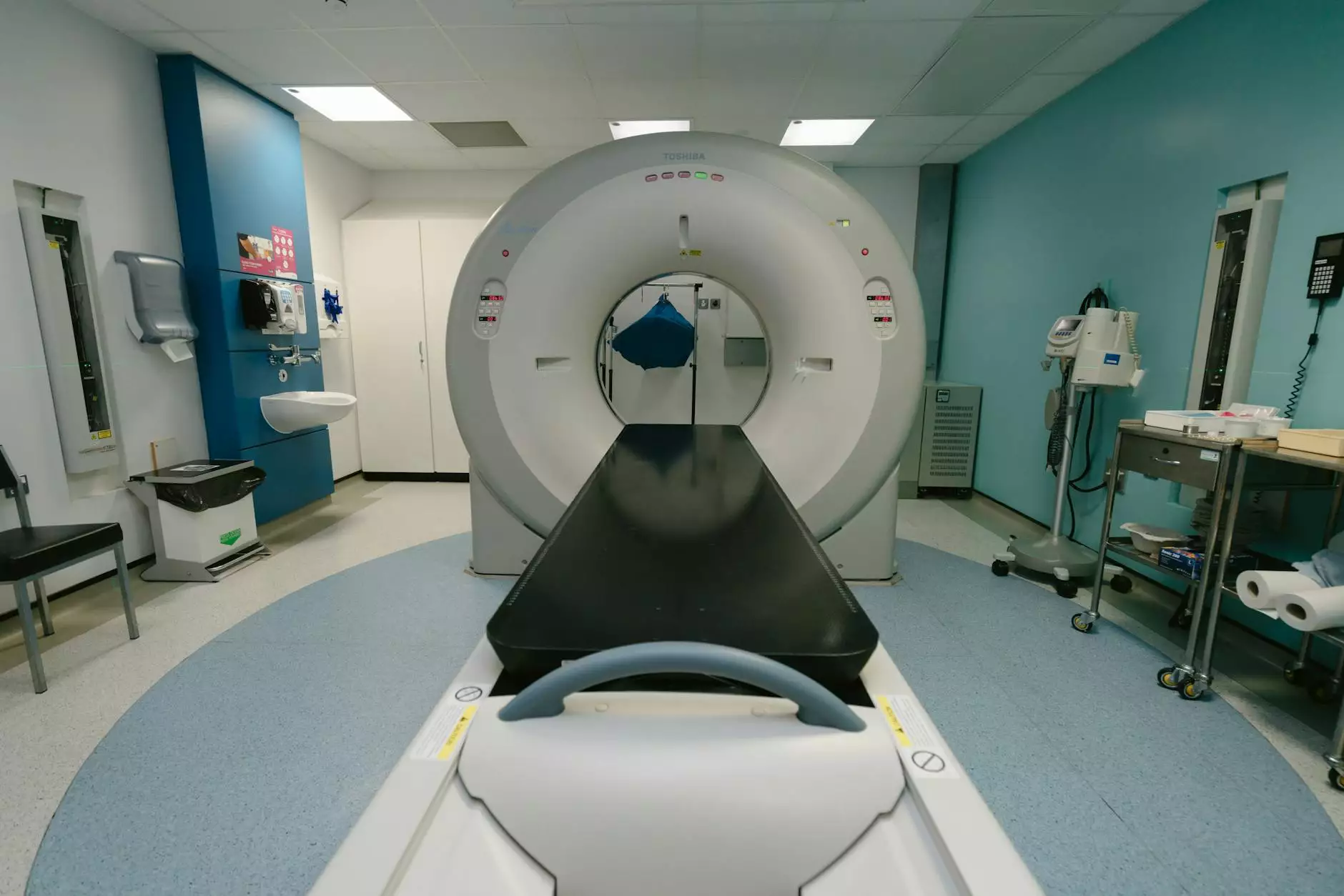The Ultimate Glossary of AI Terms

Artificial Intelligence (AI) is no longer just a buzzword; it is shaping the future of technology and revolutionizing various industries. Understanding the terminology associated with AI is crucial for professionals and enthusiasts alike. In this article, we present the most comprehensive glossary of AI terms to help you navigate the complex world of artificial intelligence with ease.
1. Artificial Intelligence
Artificial Intelligence refers to the simulation of human intelligence processes by machines, especially computer systems. These processes include learning, reasoning, and self-correction.
2. Machine Learning
Machine Learning is a subset of AI that enables systems to learn and improve from experience without being explicitly programmed. It focuses on the development of computer programs that can access data and use it to learn for themselves.
3. Neural Network
A Neural Network is a computer system modeled after the human brain's network of neurons, allowing machines to learn from large amounts of complex data.
4. Deep Learning
Deep Learning is a subset of machine learning that uses neural networks with multiple layers to model high-level abstractions in data. It is widely used in applications such as image and speech recognition.
5. Natural Language Processing (NLP)
Natural Language Processing (NLP) involves the interaction between computers and human languages. It enables machines to understand, interpret, and generate human language.
6. Data Mining
Data Mining is the process of discovering patterns in large datasets to extract useful information. It plays a vital role in AI by providing valuable insights for decision-making.
7. Robotics
Robotics combines AI, engineering, and computer science to design and develop robots that can perform tasks autonomously. Robotics is transforming industries such as manufacturing, healthcare, and logistics.
8. Chatbot
A Chatbot is an AI-powered program designed to simulate conversation with human users, helping them with information, customer support, and various tasks.
9. Computer Vision
Computer Vision enables machines to interpret and understand the visual world using digital images or videos. It is used in applications like facial recognition, object detection, and autonomous vehicles.
10. Algorithm
An Algorithm in the context of AI refers to a set of rules or instructions that guide the machine in performing specific tasks. Algorithms form the backbone of AI systems, driving their functionality and decision-making processes.
Explore these AI terms and enhance your understanding of the dynamic field of artificial intelligence. Stay updated with the latest trends, innovations, and applications in AI by subscribing to AI Magazine.









